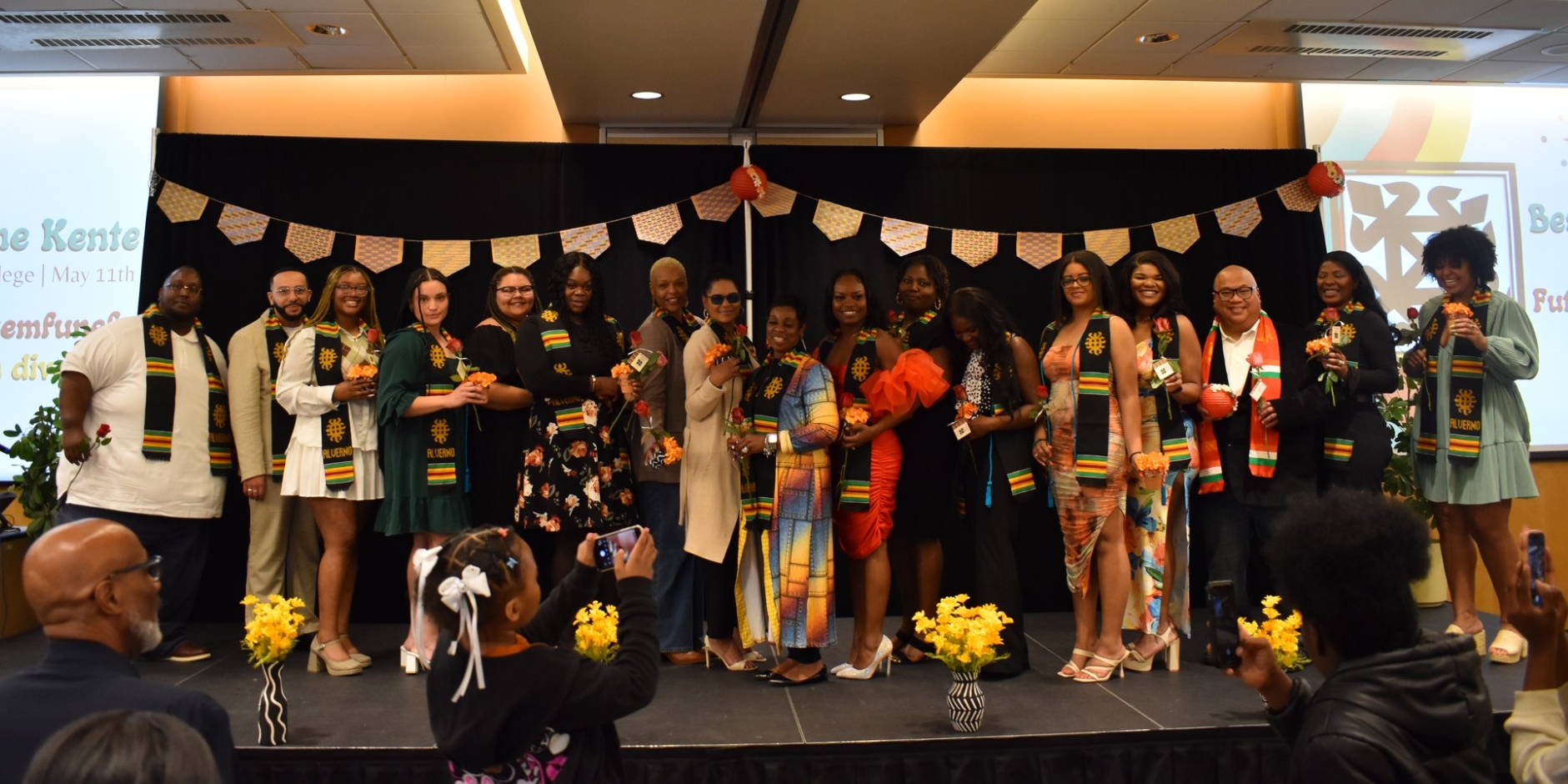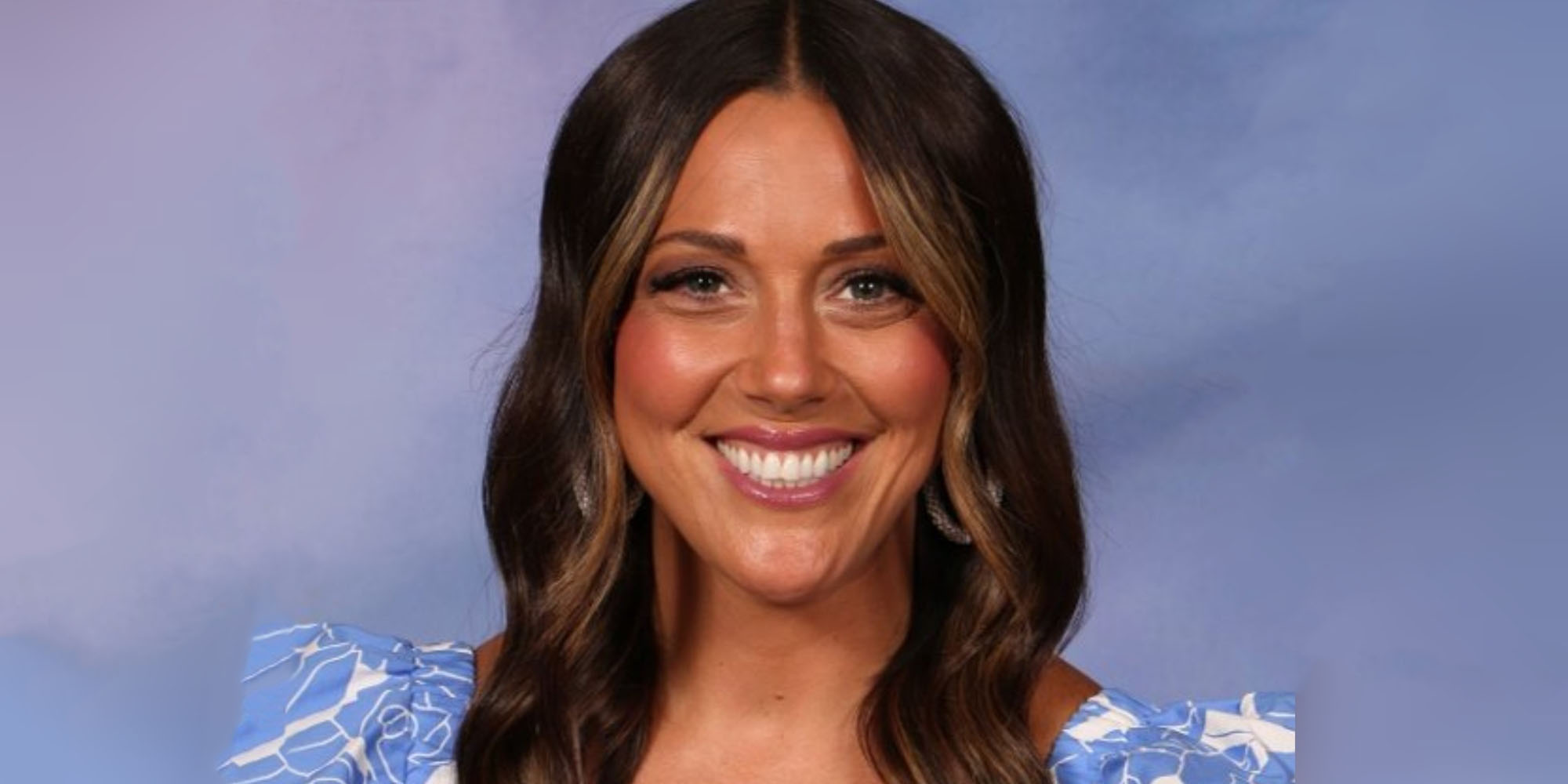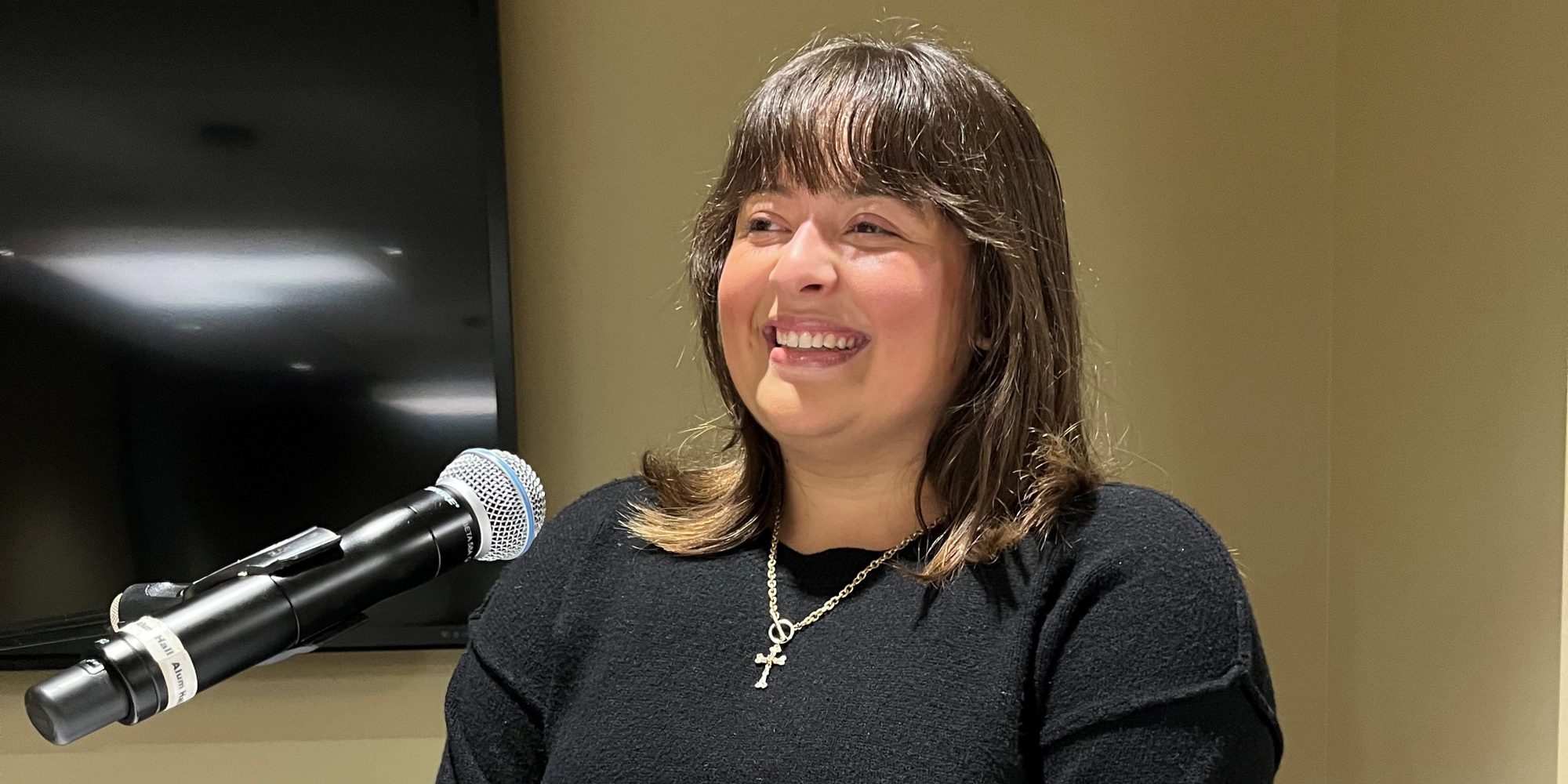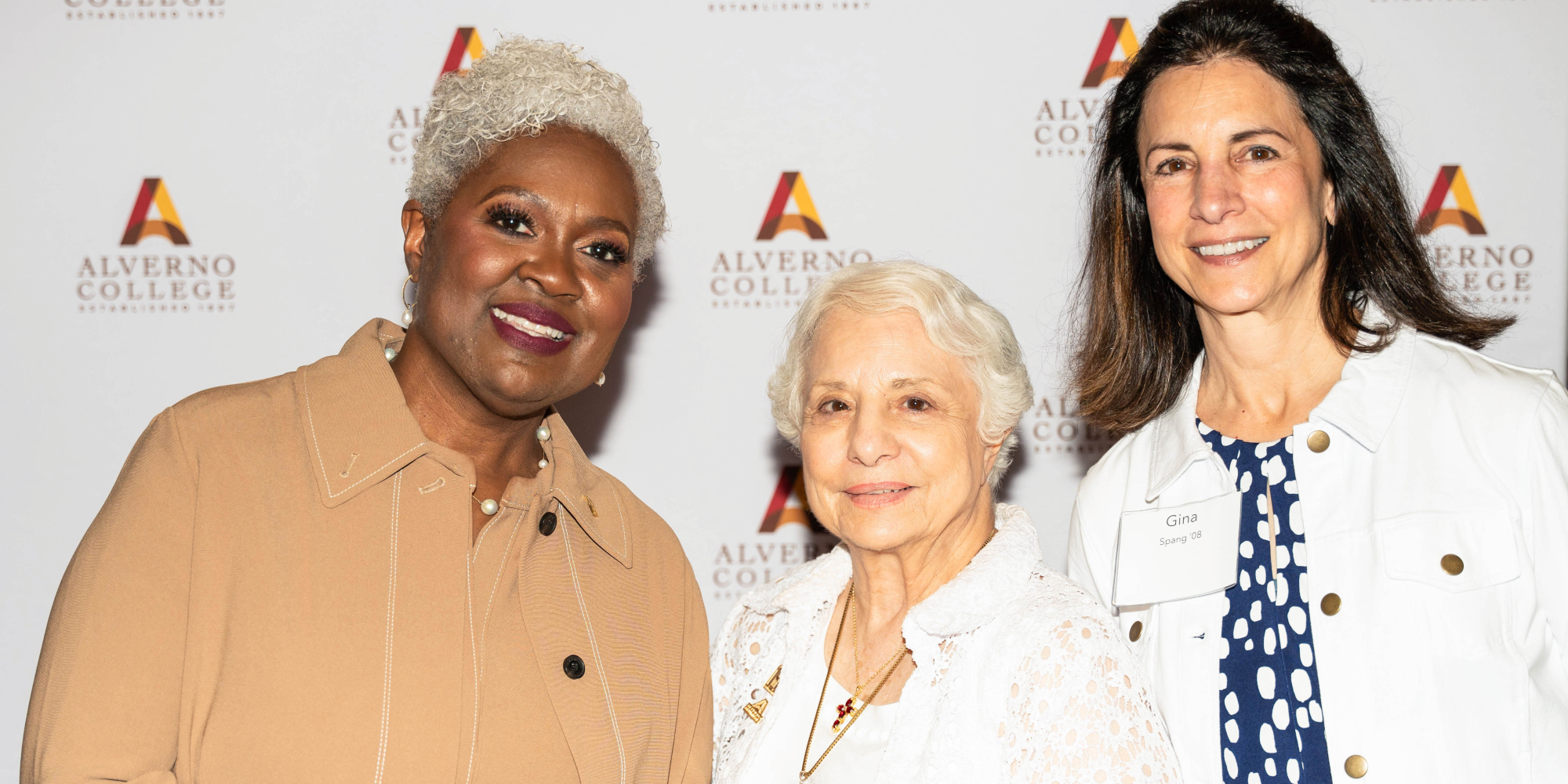Alverno College received a College Ready grant in the amount of $72,600 from Great Lakes Higher Education Guaranty Corporation. This grant will benefit 38 first-generation students, most of them from low-income, minority households, by helping to prepare them for academic success when they arrive at college.
Alverno was one of 34 recipients to receive some of the more than $4 million in College Ready grant funds awarded by Great Lakes. The College will use the grant funding during the 2013-2014 academic year to improve STEM (science, technology, engineering and math) performance and college enrollment among minority and low-income high school girls.
“The activities funded by the College Ready grant will help fill the pipeline at the very beginning to encourage more minority women to pursue careers in math and science,” said Angela Frey, Alverno College associate dean of Natural Science, Math & Technology.
Alverno College's Girls' Advanced Academy in Science and Mathematics was selected as a Great Lakes College Ready grant partner based on the strategies it has developed to prepare students for college and its commitment to tracking results. The program's curriculum incorporates chemistry, biology and mathematics into the science of beauty. Held on Friday evenings on the Alverno College campus, the sessions provide hands-on, project-based learning taught by full time Alverno faculty. The three-semester program will also include ACT test preparation, guest speakers who are STEM professionals and college exploration activities, including campus visits, application assistance and financial aid information. Transportation and dinner for participants are also included.
About Great Lakes' College Ready grant
Great Lakes' College Ready grant is designed to support programs that help students from traditionally underserved backgrounds—including students from low-income households, students of color, and those who are the first in their families to attend college—in grades 6 through 12 and adult learners arrive on campus ready to enroll in college-level courses. Recipient programs will provide services to students across Wisconsin and Minnesota during the upcoming academic year, helping a total of 4,000 students succeed in higher education, leading to a two- or four-year degree or other credential.





